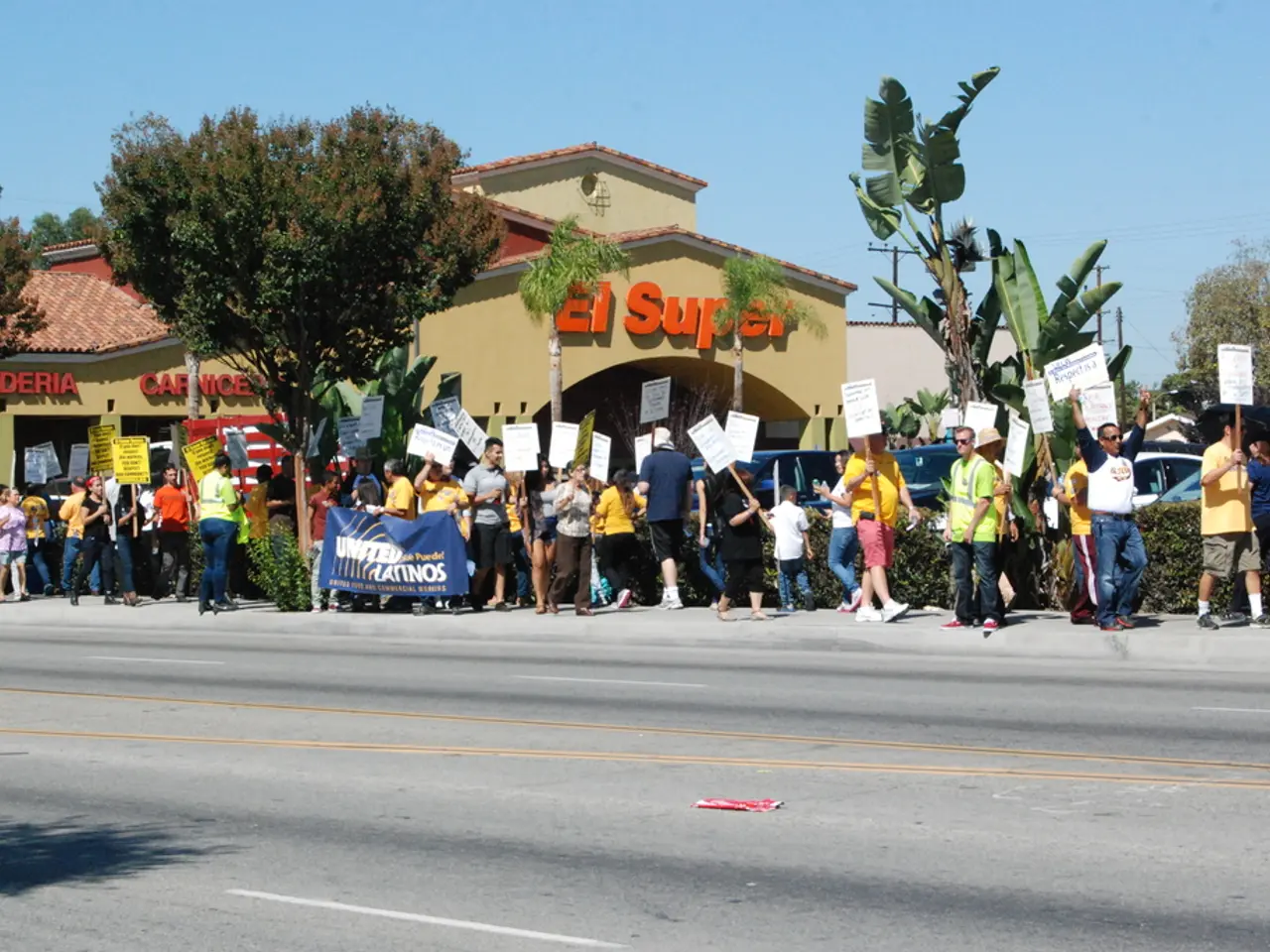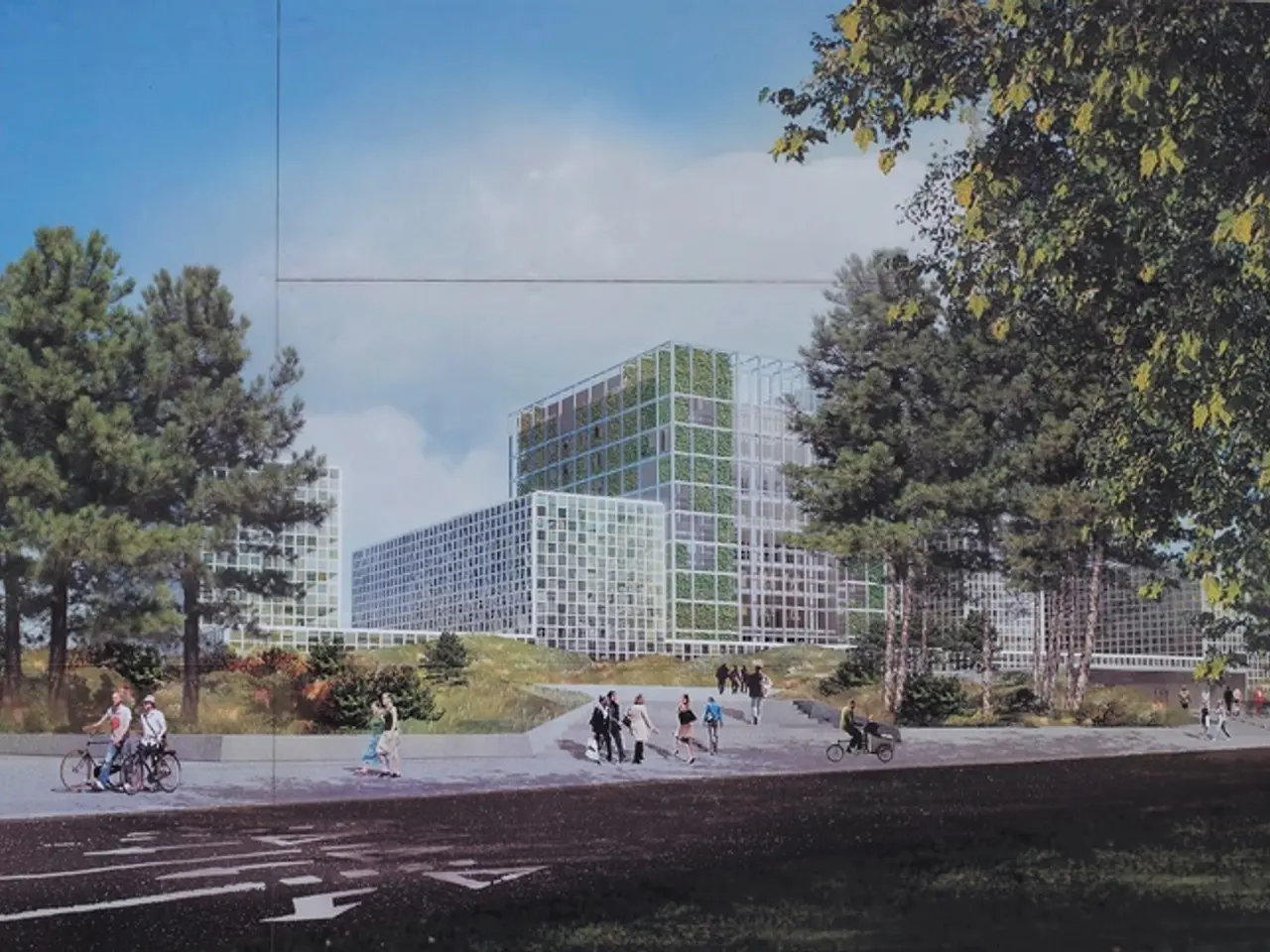Political party, FDP, reorganizes its content strategy following electoral defeat
FDP Embraces AI for Renewal and Modernization
The Free Democratic Party (FDP) in Germany is taking a novel approach to political renewal, using artificial intelligence (AI) to develop its new basic program. This move marks a significant shift in the party's strategy, aiming to modernize and align with current societal and political challenges.
In a bid to gather broad and diverse perspectives, the FDP is currently conducting a member and citizen survey. Members can participate via the FDP app, while non-members will have the opportunity to take part on the party's homepage in the coming days. The surveys aim to uncover political concerns, expectations, and visions for Germany in 2040, particularly focusing on the importance of freedom.
The party's new leadership, following a personnel restart at their federal conference in May, is spearheading this initiative. Christian Dürr now serves as party chairman, replacing Christian Lindner, while Nicole Büttner, an entrepreneur and manager of a Berlin AI company, took over as general secretary.
The FDP's aim is to identify thematic priorities and central social challenges using the answers received and AI. From autumn onwards, the party plans to develop concrete political solutions for these challenges, providing ample opportunities for members and the public to participate.
The first test for the FDP will be in March 2026. However, before that, they face two crucial state elections: Rhineland-Pfalz, scheduled for March 22, 2023, where the FDP is still part of the state government, and Baden-Württemberg, to be re-elected on March 8, 2023, which the FDP considers its home turf. Poor results in these elections could hinder the nationwide revival of the Liberals.
The new election manifesto will be decided at the federal party conference in May next year. By integrating AI to collect insights, the FDP hopes to harness innovative, data-driven insights to inform its platform, paving the way for a return to political success.
This approach suggests a commitment to transparency, participation, and modernization, likely helping the FDP reconnect with voters and regain influence by adapting to new political realities and citizen expectations. The use of AI reflects an attempt to engage with the digital transformation of political processes and enhance democratic engagement within the party and broader society.
Despite the FDP's failure to reach the 5% hurdle in the February federal election, their innovative approach to political renewal offers a promising path forward. Only time will tell if the party's efforts will yield the desired results.
The Free Democratic Party (FDP) is utilizing AI for policy-and-legislation development, aiming to address general-news topics and contemporary political challenges, such as societal concerns, expectations, and visions for Germany in 2040. With the help of AI, the FDP intends to identify thematic priorities and central social challenges, ultimately creating innovative political solutions that cater to its members and the public.






